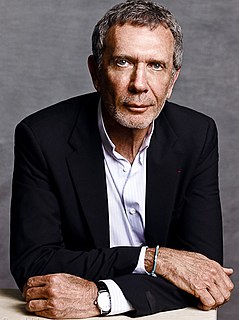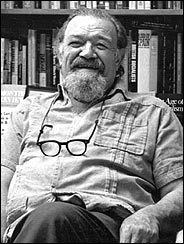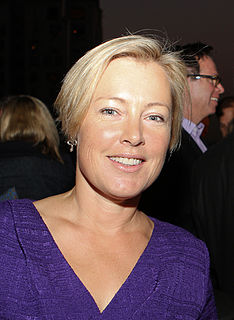A Quote by Eric Nam
What works in the States doesn't easily translate to the Korean market.
Related Quotes
I view all art as an effort to translate brain concepts into a work. These brain concepts are synthetic ones - the result of many experiences. But a single work of art, or even a series of works, more often than not cannot translate these synthetic concepts adequately. Yves Saint Laurent once said that he suffered greatly when creating. He is not alone in that. Most artists do the same and say as much.



































